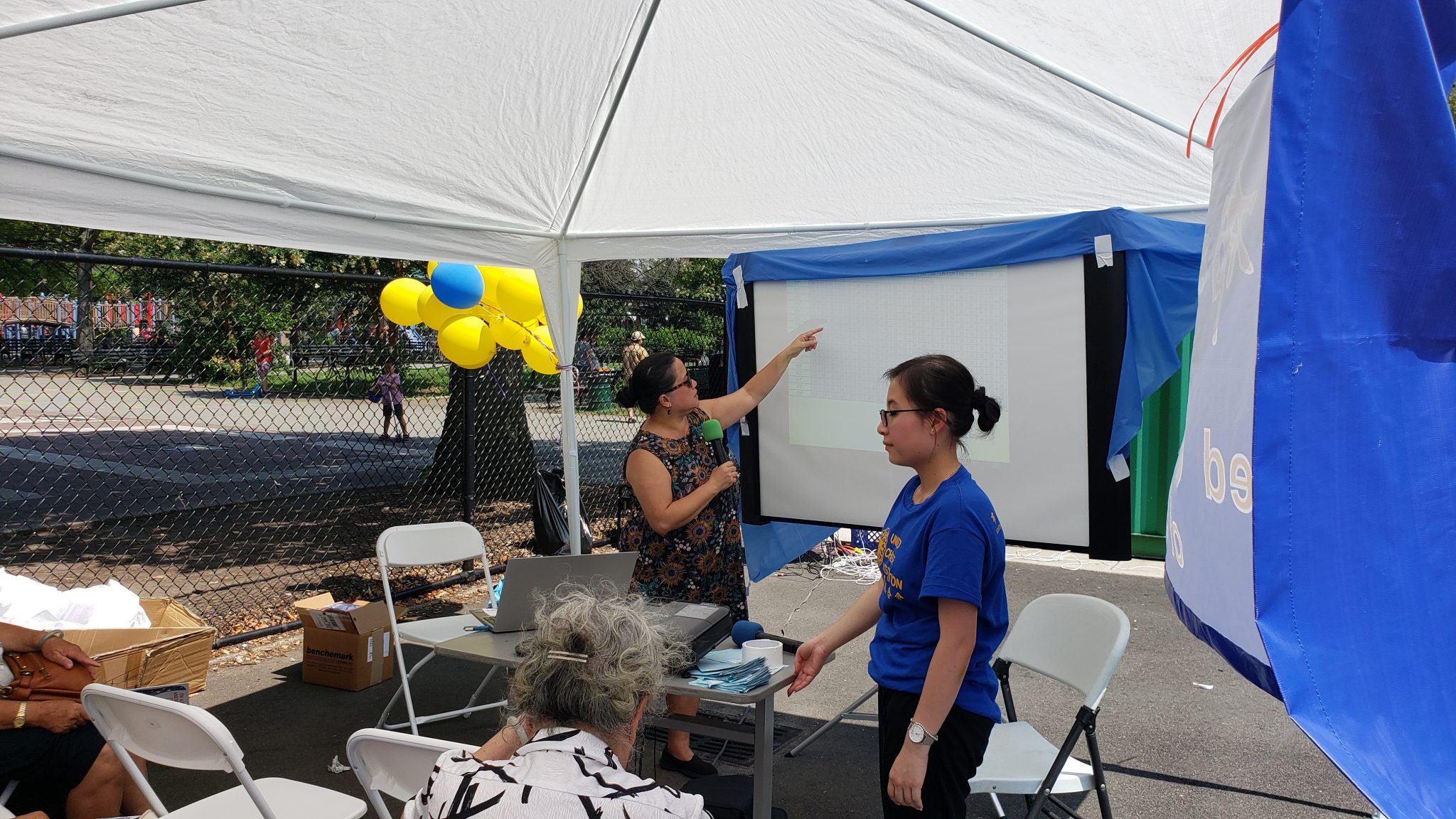
Dr Eng speaks at the 2019 Wellness & Family Day
Posted on

Dr Lisa Eng will be discussing the Diabetic diet.
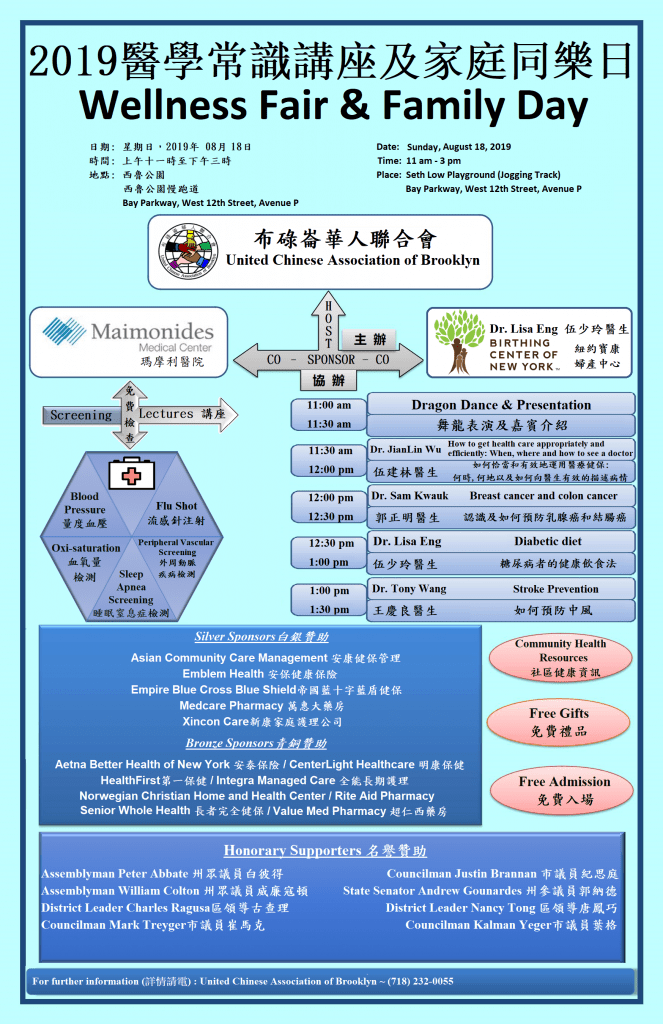
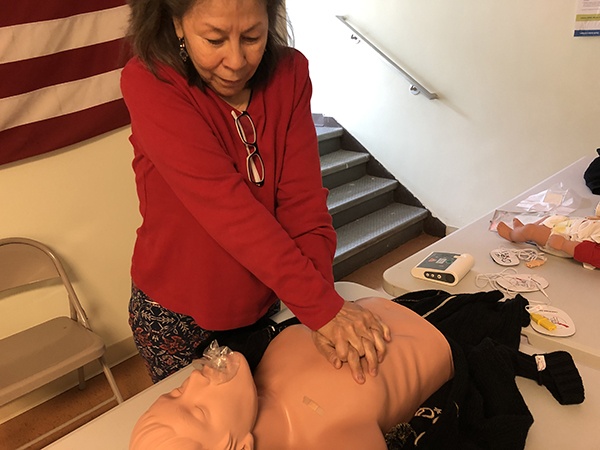
Nurse Jackie teaches a private BLS (Basic Life Support Class) to several business owners in Brooklyn. Basic Life Support certification is an important safety consideration for most business owners and required for the FDNY, NYPD and all medical personnel.
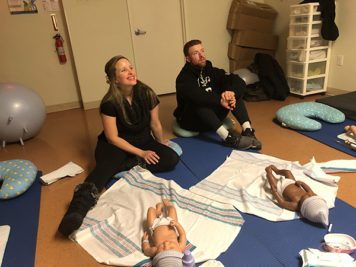
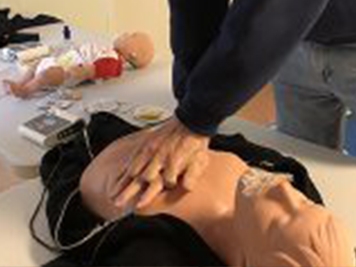


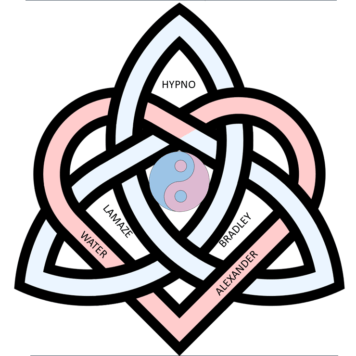
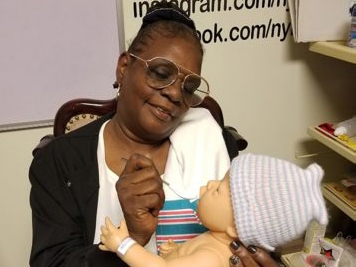
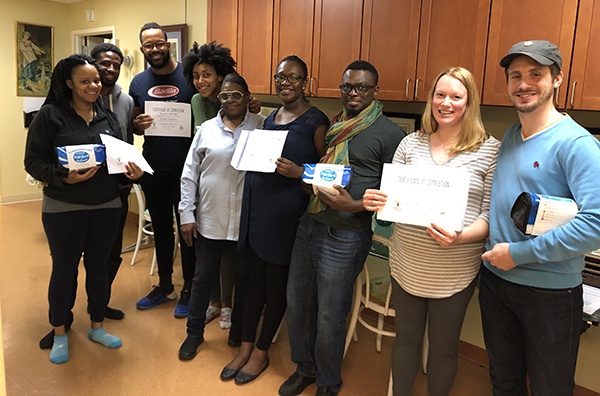
Nurse Jackie with her students this week, April 2019. 4 couples attended her lively and informative birthing classes at The Birthing Center of NY.
Congratulations to the new families and to Nurse Jackie – keep on teaching!
Register Today for her classes!

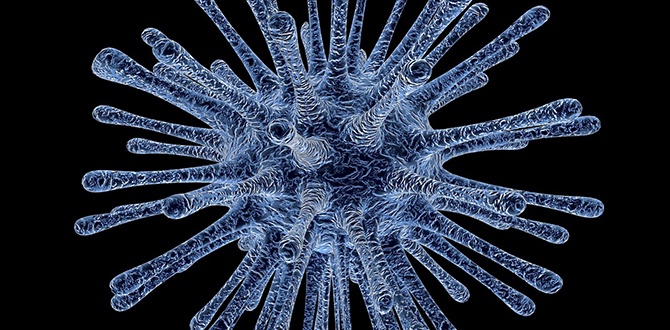
Read at The American College of Obstetricians and Gynecologists
Download PDF
Group B streptococcus is one of the many types of bacteria that live
in the body and usually do not cause serious illness. It is found in the
digestive, urinary, and reproductive tracts of men and women. In women,
it can be found in the vagina and rectum. GBS is not a sexually transmitted infection (STI). Also, although the names are similar, GBS is different from
group A streptococcus, the bacteria that causes “strep throat.”
A person who has the bacteria but shows no symptoms is said to be colonized. The number of bacteria that a person has may change over time. A person colonized with a large number of bacteria may have low levels of bacteria months or years later. It also is possible for the number of bacteria to decrease to levels that cannot be detected.
Most pregnant women who are colonized with GBS have no symptoms or health effects. In a small number of women, GBS can cause infections of the uterus and urinary tract. A woman who is colonized with GBS late in her pregnancy can pass it to her baby during labor.
There are two types of GBS infections in newborns: 1) early-onset infections and 2) late-onset infections. Both types of infections can be serious.
Early-onset infections occur during the first week of life, generally within the first 24–48 hours after birth. These infections can occur as the baby moves through the birth canal of a woman who is colonized with GBS. Only a few babies who are exposed to GBS develop an infection. Certain factors, such as preterm birth, may increase the risk of a baby becoming infected. The most common problems caused by early-onset GBS infections are lung infections, blood infections, and meningitis.
These infections occur after the first 6 days of life. Late-onset infections may be passed from the mother to the baby during birth or they may be caused by contact with other people who are colonized with GBS. Late-onset infection can lead to meningitis and other diseases, such as pneumonia.
GBS testing late in pregnancy and treatment during labor can help prevent early-onset infections. However, it does not prevent late-onset infections. It is important to recognize the signs and symptoms of late-onset GBS infection in your baby:
If your baby has any of these signs or symptoms, contact your pediatrician right away.
To help prevent early-onset GBS infection, women are tested for GBS late in pregnancy, between weeks 35 and 37. The test is called a culture. In this test, a swab is used to take a sample from the woman’s vagina and rectum. This procedure is quick and not painful. The sample is sent to a lab where it is grown in a special substance.
If results of the culture test are positive, showing that GBS is present, you most likely will receive treatment with antibiotics during labor to help prevent GBS from being passed to your baby. Antibiotics help get rid of some of the bacteria that can harm the baby during birth. The antibiotics work only if they are given during labor. If treatment is given earlier in pregnancy, the bacteria may regrow and be present during labor. Penicillin is the antibiotic that is most often given to prevent early-onset GBS infection in newborns.
If you are allergic to penicillin, tell your health care professional before you are tested for GBS. Women with mild allergic reactions can take an antibiotic called cefazolin. If you have had a severe reaction to penicillin, such as hives or anaphylaxis, the bacteria in the sample need to be tested to determine the choice of antibiotic.
If you had a previous baby with GBS infection or if your urine has GBS bacteria during this pregnancy, you are at high risk of passing GBS on to your baby during labor and delivery. You will receive treatment during labor to protect your baby from infection. You will not need to be tested between weeks 35 and 37 of pregnancy.
If you are having a planned cesarean birth, you do not need to receive antibiotics for GBS during delivery if your labor has not begun or the amniotic sac has not ruptured (your water has not broken). However, you should still be tested for GBS because labor may occur before the planned cesarean birth. If your test result is positive, your baby may need to be monitored for GBS infection after birth.
Amniotic Sac: Fluid-filled sac in the mother’s uterus in which the fetus develops.
Anaphylaxis: An allergic reaction with symptoms ranging from hives and itching to breathing problems and shock. It can be life threatening for some people.
Antibiotics: Drugs that treat certain types of infections.
Cesarean Birth: Birth of a baby through incisions made in the mother’s abdomen and uterus.
Colonized: Having bacteria in your body that could cause illness, but having no symptoms of the disease.
Meningitis: Inflammation of the membranes of the brain or spinal cord.
Preterm: Born before 37 weeks of pregnancy.
Sexually Transmitted Infection (STI): An infection that is spread by sexual contact, including chlamydia, gonorrhea, human papillomavirus (HPV), herpes, syphilis, and human immunodeficiency virus (HIV, the cause of acquired immunodeficiency syndrome [AIDS]).
Uterus: A muscular organ located in the female pelvis that contains and nourishes the developing fetus during pregnancy.
FAQ105: Designed as an aid to patients, this document sets forth current information and opinions related to women’s health. The information does not dictate an exclusive course of treatment or procedure to be followed and should not be construed as excluding other acceptable methods of practice. Variations, taking into account the needs of the individual patient, resources, and limitations unique to institution or type of practice, may be appropriate.
Copyright September 2017 by the American College of Obstetricians and Gynecologists
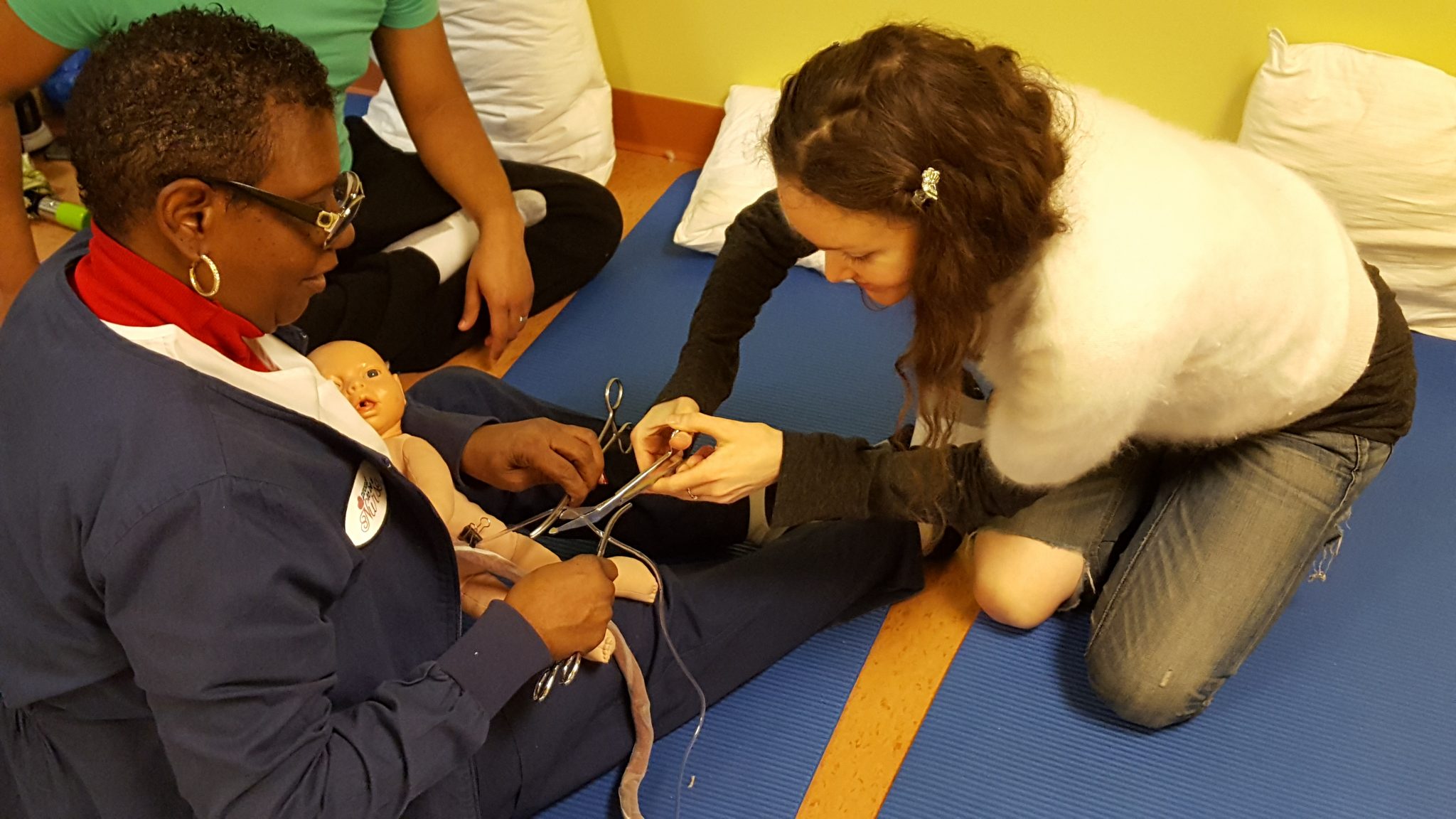
Nurse Jackie continues to WOW our mothers and fathers to be with her Birthing Classes. Great job moms and dads!
Read her testimonials – they are a tribute to her dedication and knowledge
What a wonderful and upbeat class! My boyfriend and I took the childbirth classes and I left feeling so educated and confident. Nurse Jackie is over qualified and makes the class very fun…it was very interactive through all stages especially the ones first time mothers worry most about like contractions and breastfeeding. Thank you NY Birthing Center for taking care of us. I’d recommend this class for anyone who wants all the important information and to have fun at the same time!
We had a blast with Nurse Jackie!
We had a blast with Nurse Jackie for our childbirth class. We learned a lot and feel much more prepared. Nurse Jackie is down to earth, straightforward, and funny which helps to remember the information.
Where do I begin? Nurse Jackie is so amazing!
Where do I begin? Nurse Jackie is so amazing! My daughter and I attended her childbirth class this past weekend and Nurse Jackie was beyond wonderful. She greeted us both so warmly and she taught the class with a pep in her step. Nurse Jackie even took the time to teach my daughter, who is still a little anxious about becoming a big sister, special techniques to help me while in labor as well as once the baby gets here. We really enjoyed her class and would HIGHLY recommend!
Meet Nurse Jackie